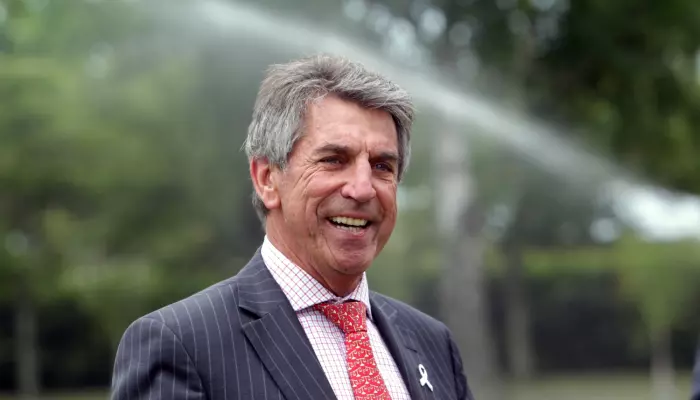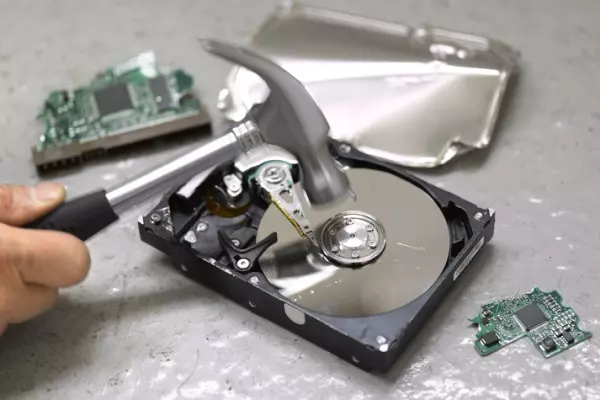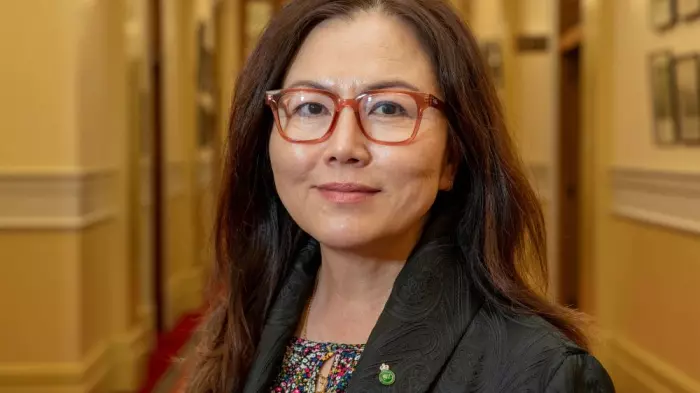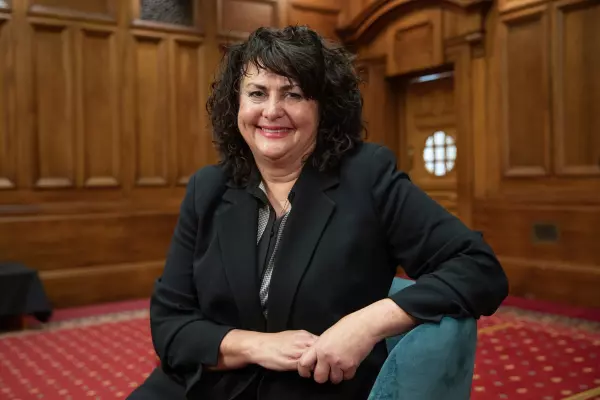The chief ombudsman is growing increasingly concerned about how government agencies are responding to questions from journalists and sloppy record-keeping practices which in some cases break the law.
On Tuesday, chief ombudsman Peter Boshier released the Ready or Not? report – the result of a three-year investigation into government compliance with the Official Information Act (OIA) and related laws such as the Public Records Act.
Boshier said he discovered multiple examples of media teams within agencies breaching the OIA, which is creating mistrust and a perception that agencies are undermining transparency.
“There appears to be a widespread misapprehension that many media information requests don’t fall under the OIA and that applying the law is difficult and complicated. These perceptions are false.
“In fact, the processes adopted by the agencies have little or nothing to do with the law itself and I intend to consider this matter further.”
Hide and seek
The report is a follow-up to his predecessor’s 2015 report titled Not a Game of Hide and Seek, which was a deep dive into the practices of 12 central government agencies, including the (then) State Services Commission, Ministry of Justice, Ministry of Social Development and Ministry of Transport.
"It is 40 years since the Official Information Act was passed by parliament. The OIA is such an important part of New Zealand’s constitutional framework, I wanted to get a sense check of how the law is being put into practice,” Boshier said.
He investigated the same 12 agencies but also extended the inquiry into how agencies were complying with the OIA during the covid pandemic.
A major concern was finding that all 12 agencies had gaps in their record-keeping and information management (IM) systems – a finding that echoed concerns the chief archivist regularly raises in their annual reports.
‘Contrary to law’
Boshier went as far as saying several agencies had actually breached the Public Records Act (PRA).
“Disappointingly, several agencies appeared to have acted contrary to law in relation to section 17 of the PRA, which requires that agencies create, maintain, and store records accessibly.
“Many agencies’ staff noted that their IM systems were cumbersome, or that the array of systems made it unclear which should be used for what information.
“Some staff said that, as a result of these complexities, information would be stored outside the shared systems.
“I am concerned about the impact this may have on the retrieval of information when it is requested under the OIA.”
However, the investigation did find that, overall, the public service was transparent and open, and it continued to perform strongly during the pandemic.
“Agencies are increasingly taking the initiative and proactively releasing information to the public as part of their normal business practice.”
Boshier said public sector chief executives still needed to ensure their agencies have the resources and systems in place to handle their OIA workloads.
He called for the CEOs to be held accountable for their agencies’ OIA work by including OIA measures in their performance objectives.
“The fundamental issue is the way agencies are considering and responding to OIA requests.
"My investigation found this process is only as difficult or as painful as an agency makes it for itself.”













